In the pursuit of a fulfilling and meaningful life, the concepts of lifespan, healthspan, and brainspan play pivotal roles. These three distinct phases of life encompass various dimensions of well-being, longevity, and mental acuity. In this blog post, we delve into the differences between these terms and their profound impact on our overall quality of life. While lifespan simply measures how long we live, healthspan and brainspan provide a deeper understanding of the holistic nature of well-being.
Defining Lifespan, Healthspan, and Brainspan
- Lifespan: The Duration of Life
Lifespan is perhaps the most straightforward concept of the three—it refers to the length of time an individual lives. It encompasses all the years from birth to the point when the heart ceases to beat. While the quantity of years is important, it is only part of the equation that contributes to a fulfilling life.
- Healthspan: Years Free from Disease
Healthspan is a more nuanced concept that focuses on the number of years a person lives without the burden of chronic diseases or ailments. While a longer lifespan is desirable, it becomes truly meaningful when those years are spent in good health, free from debilitating conditions that hinder daily functioning and diminish overall quality of life.
- Brainspan: Mental Acuity and Well-Being
Brainspan takes the concept of healthspan a step further by emphasizing the cognitive and emotional aspects of aging. It represents the period of life during which an individual’s mental faculties remain sharp, allowing them to fully engage with the world around them. Brainspan extends beyond mere existence; it encompasses the ability to maintain meaningful relationships, continue lifelong learning, and savor life’s joys.
The Interplay between Lifespan, Healthspan, and Brainspan
While lifespan, healthspan, and brainspan are distinct phases, they are interconnected and greatly influence one another. A longer lifespan holds value when it is accompanied by an extended healthspan and vibrant brainspan. An individual might live a lengthy life, but if the majority of those years are spent grappling with illness and cognitive decline, the overall quality of life is significantly compromised.
Prioritizing Healthspan and Brainspan
In the pursuit of a well-lived life, it becomes evident that focusing on healthspan and brainspan is of paramount importance. While a longer lifespan is desirable, the ultimate goal is to ensure that those years are filled with vitality, mental clarity, and the ability to actively engage with life. Through lifestyle choices, preventive healthcare, and fostering mental resilience, individuals can extend their healthspan and brainspan, enhancing their well-being and overall happiness.
Embracing Change for a Better Future
It is imperative to recognize that while lifespan is a natural progression, healthspan and brainspan require deliberate action. The prospect of extending these periods is not merely wishful thinking; research suggests that adopting a healthy lifestyle, engaging in cognitive activities, and nurturing emotional well-being can positively impact the duration and quality of these phases.
Conclusion
In the journey of life, the distinctions between lifespan, healthspan, and brainspan shed light on the multifaceted nature of well-being. While living a long life is a universal aspiration, the true essence lies in the quality of those years. By prioritizing healthspan and brainspan, we can take proactive steps to ensure that our journey is not only prolonged but also vibrant, fulfilling, and mentally stimulating. As we navigate this path, let us embrace change, embrace growth, and embrace the potential to enhance our holistic experience of life.
[/et_pb_text][/et_pb_column] [/et_pb_row] [/et_pb_section]